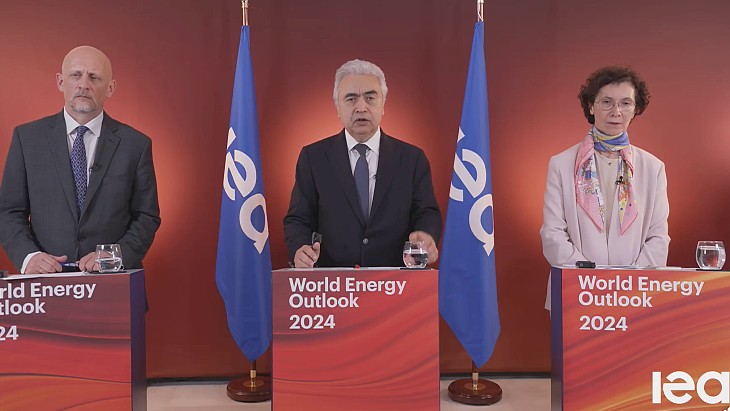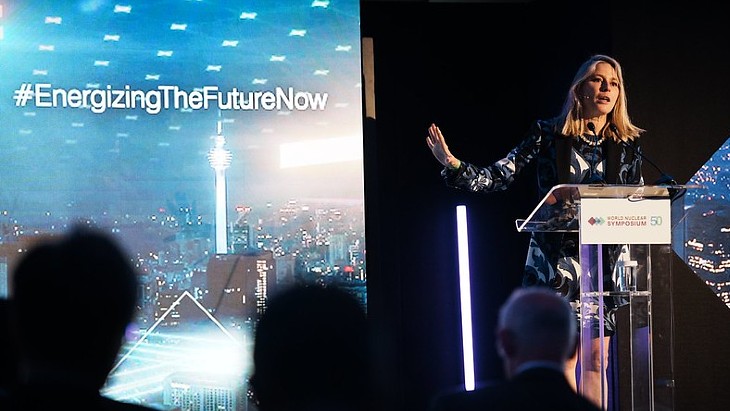The Canadian government in 2019 announced plans to transition the nation's economy towards net-zero greenhouse gas emissions by 2050. SNC-Lavalin's blueprint, Engineering Net Zero (Canada) draws on the company's expertise and experience to recommend, from a design, engineering, construction, and operations and maintenance perspective, key actions needed to overcome the challenges related to that goal.
Canada will need to triple its power production levels over the next 30 years to enable the electrification of economic sectors, and this will require the simultaneous development of all available zero-carbon generation technologies simultaneously including large and small nuclear reactors as well as renewables and hydro, the report finds. "A piecemeal approach will simply not work," it says.
Recommendations include: working to establish a more interconnected electricity grid to help balance operations, enable more renewable integration, and effectively support electrification of other economic sectors; initiating "early build" projects for energy sources such as hydro and nuclear, which can take a long time to develop, while developing technologies such as wind and solar "quickly" to meet load increases; expediting pilot carbon capture and storage projects; accelerating research programmes into hydrogen and other alternative fuels; and consulting industry in the development of the net zero 2050 plan.
"To achieve this monumental task, Canadian policy makers and industry need to urgently resolve a number of technical, commercial and collaborative challenges associated with decarbonising the economy," Dale Clarke, SNC-Lavalin president, infrastructure services, said. "Jobs and growth will be spurred from the massive investments needed in existing, emerging and disruptive technologies. Cooperation and collaboration between governments at all levels, with input from the private sector, indigenous community and other stakeholders, will be essential. The ambitious 2050 target can effectively position Canada as a global leader in low-emission technologies and practices across all economic sectors. As a supporter of the United Nations Sustainable Development Goals, SNC-Lavalin is committed to supporting the engineering of zero GHG-emitting solutions both here in Canada and globally."

.jpg)



_99697.jpg)
_17361.jpg)
_70008.jpg)





